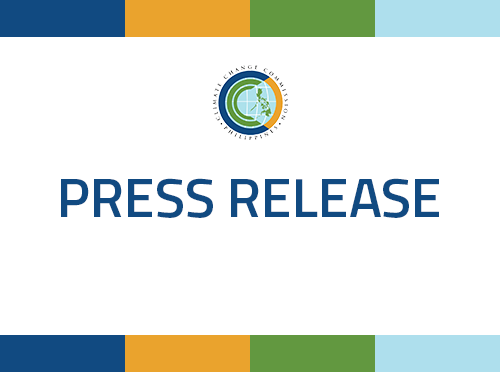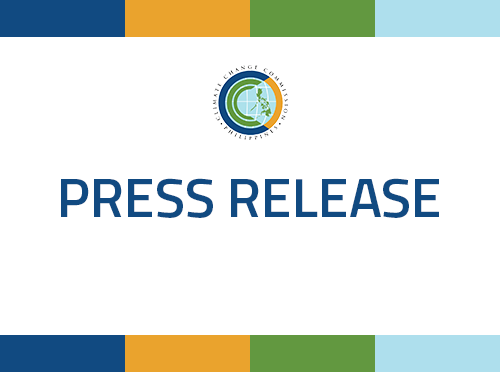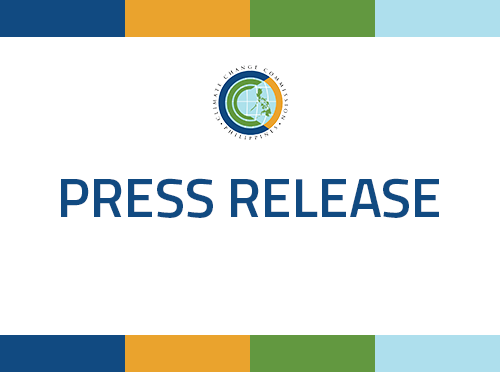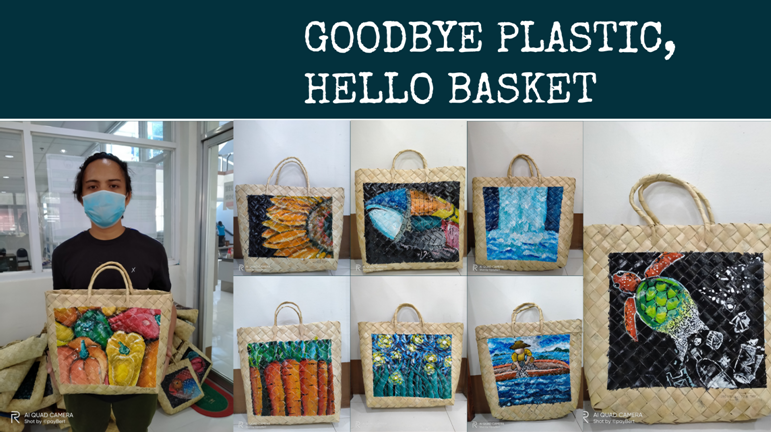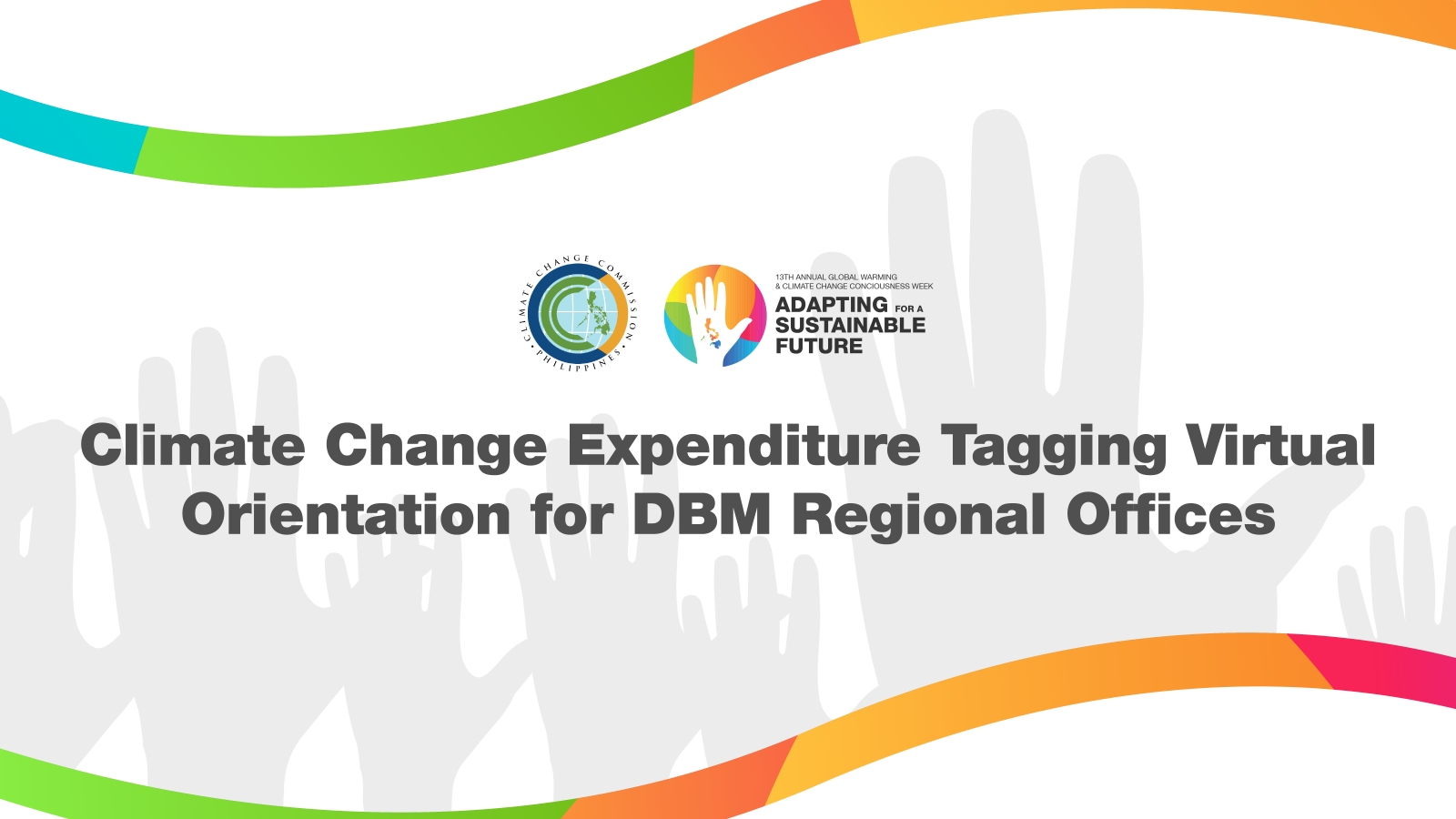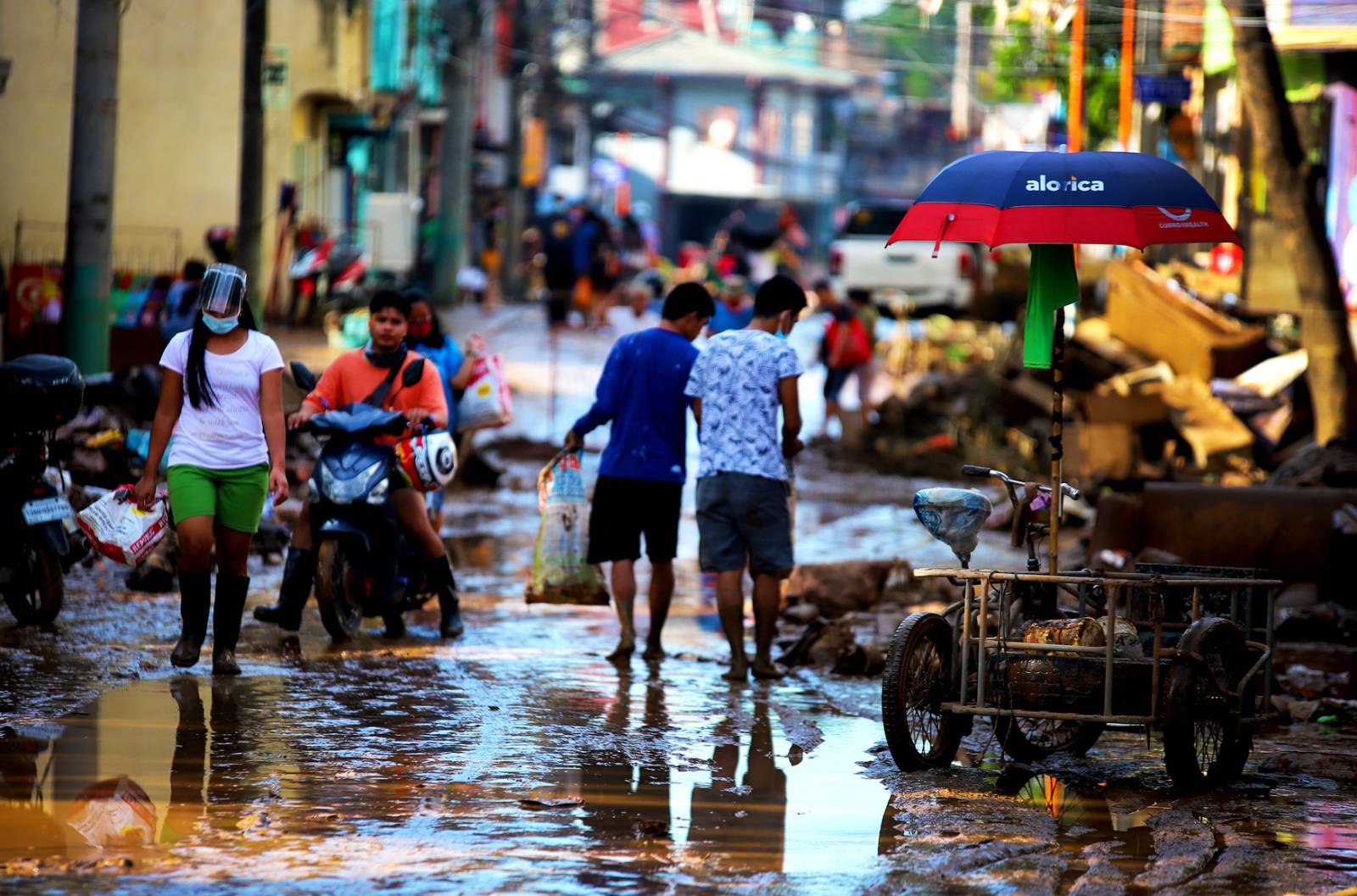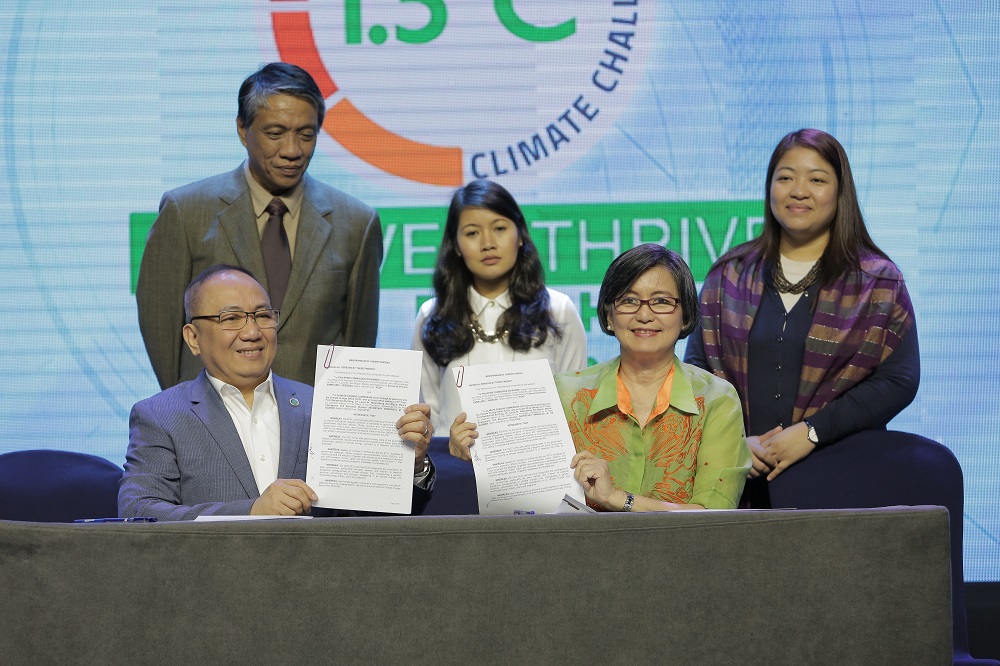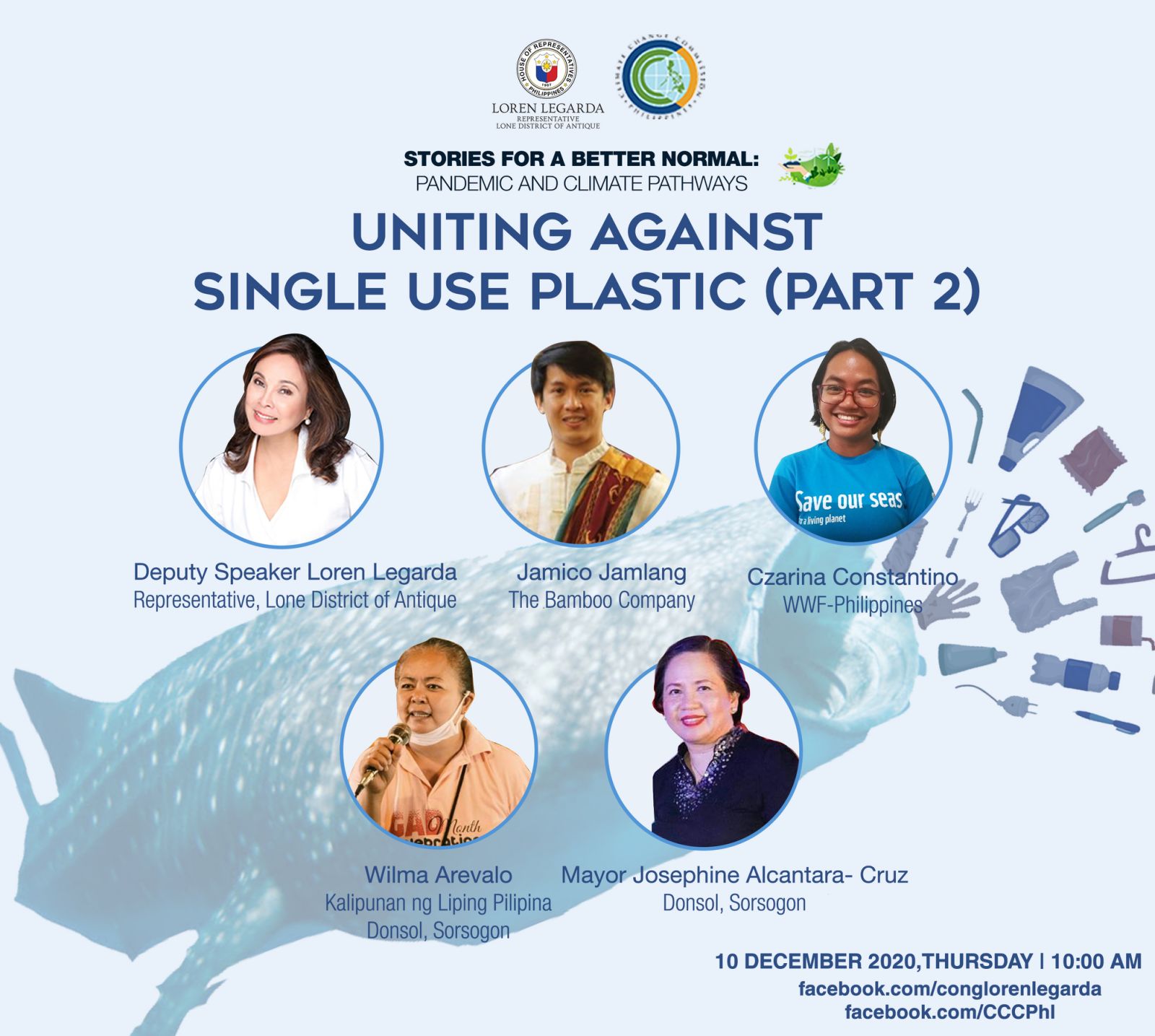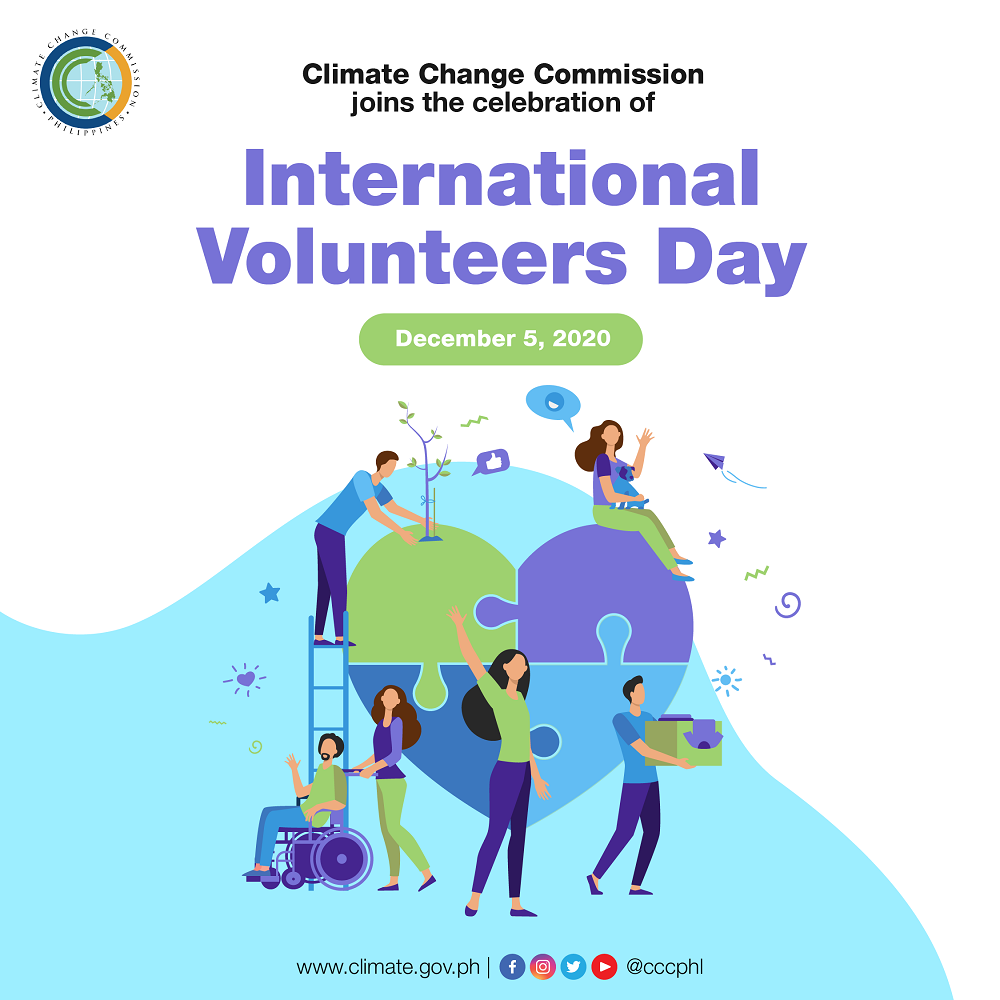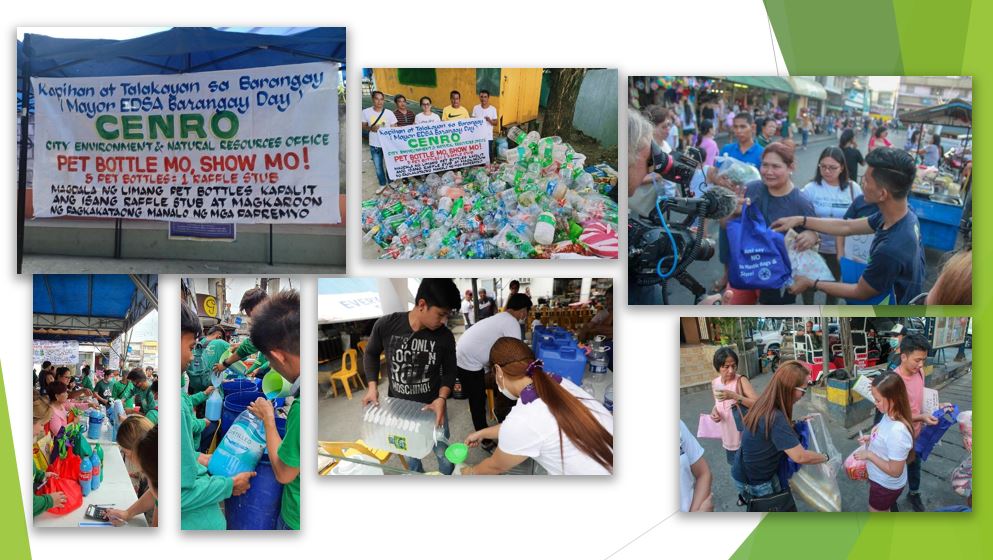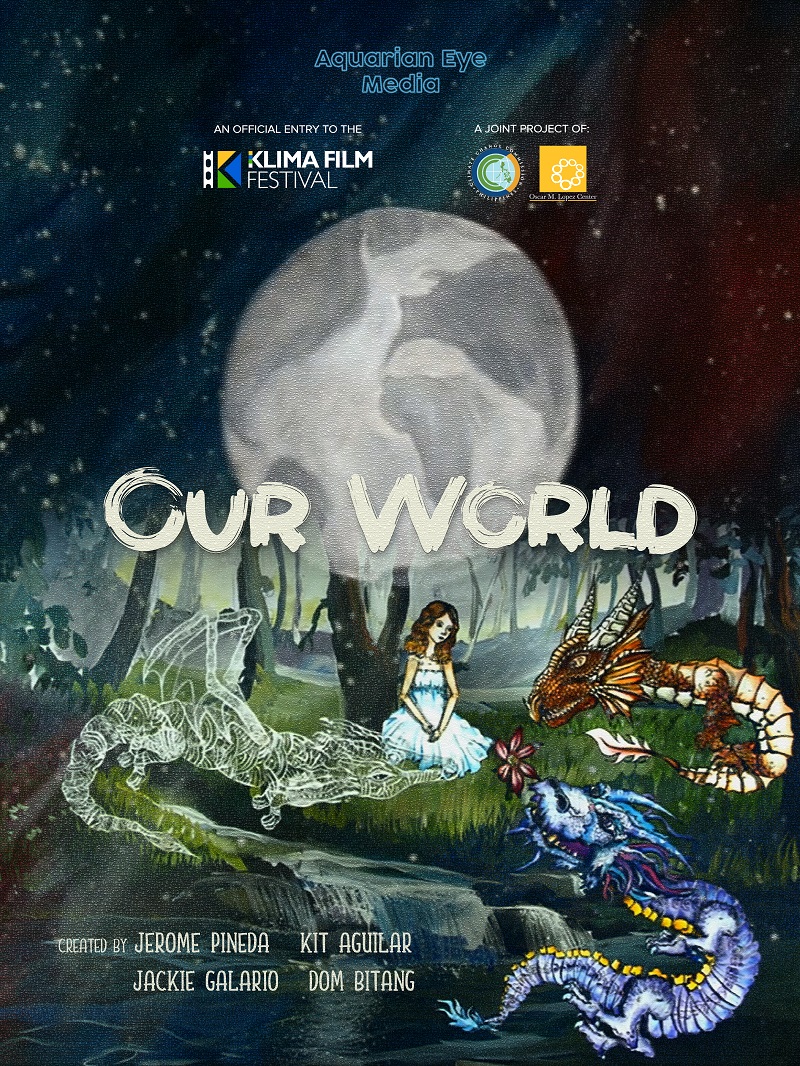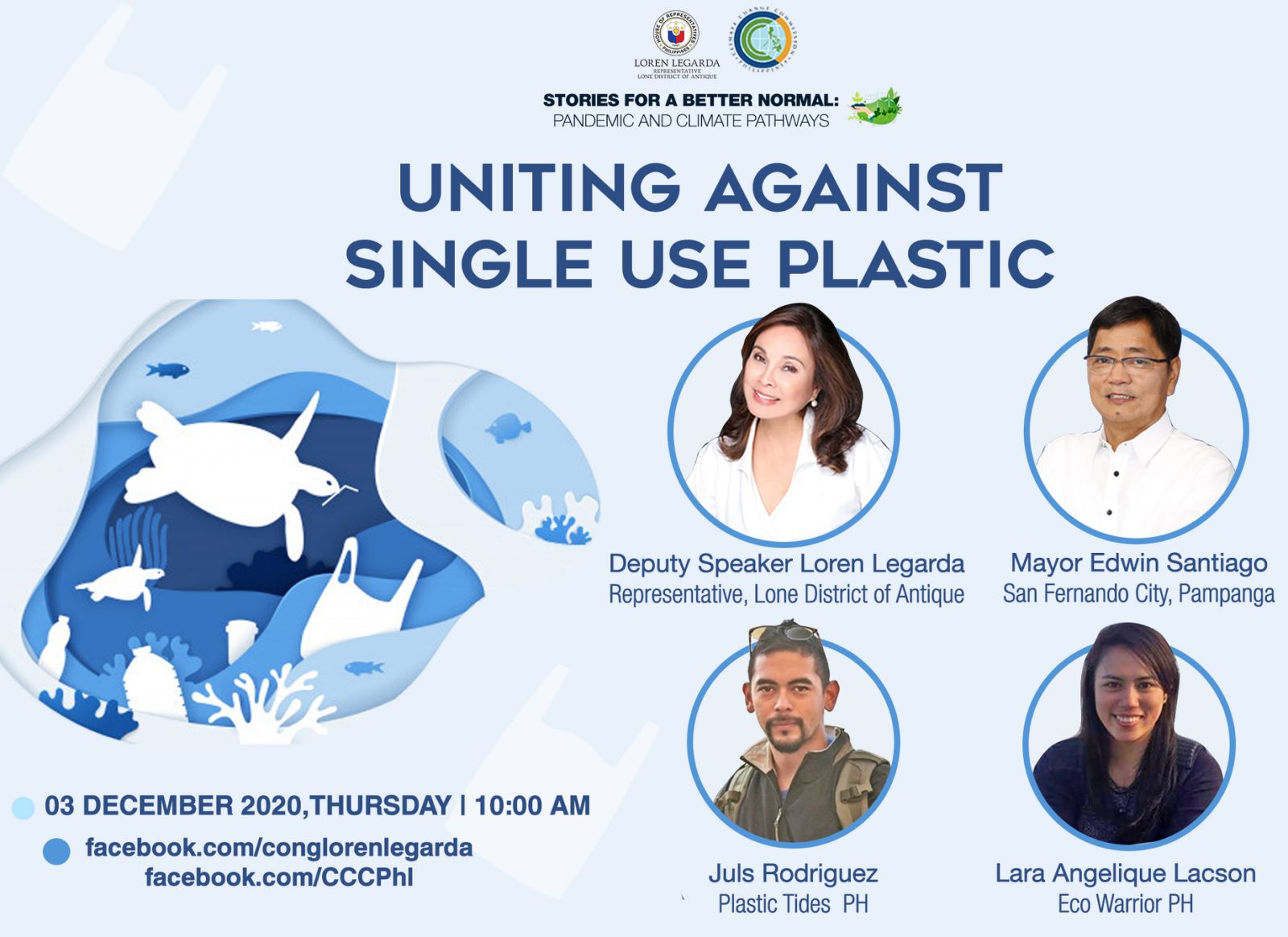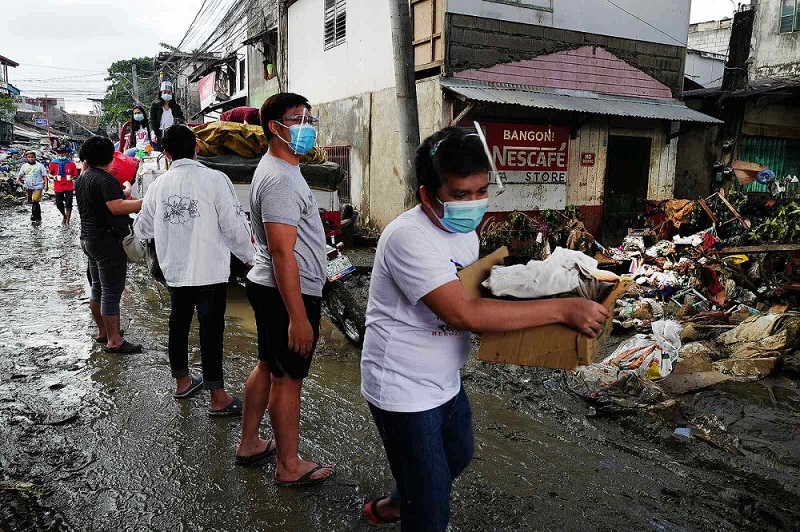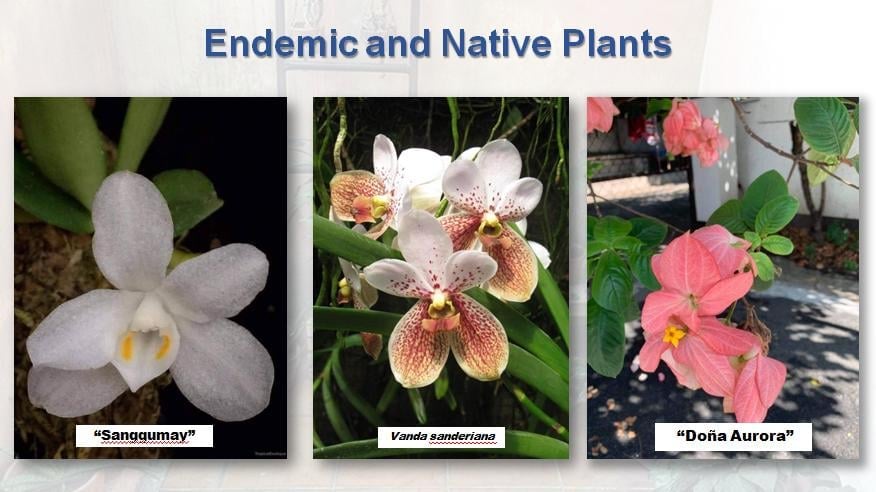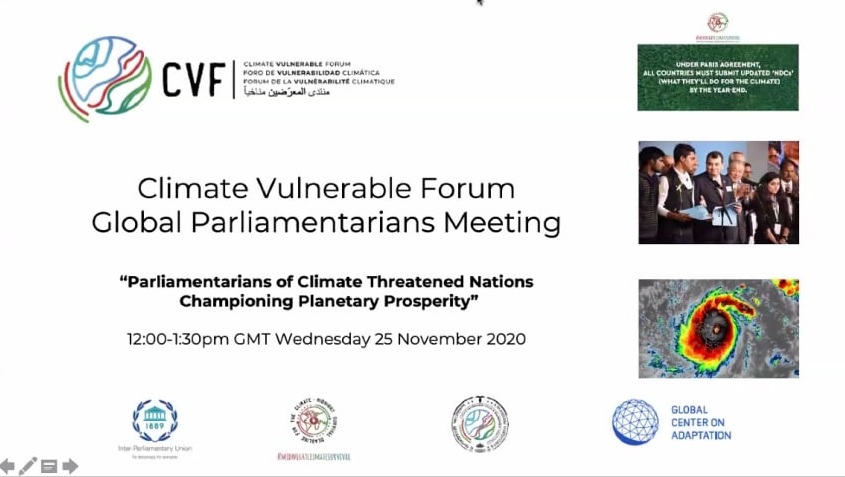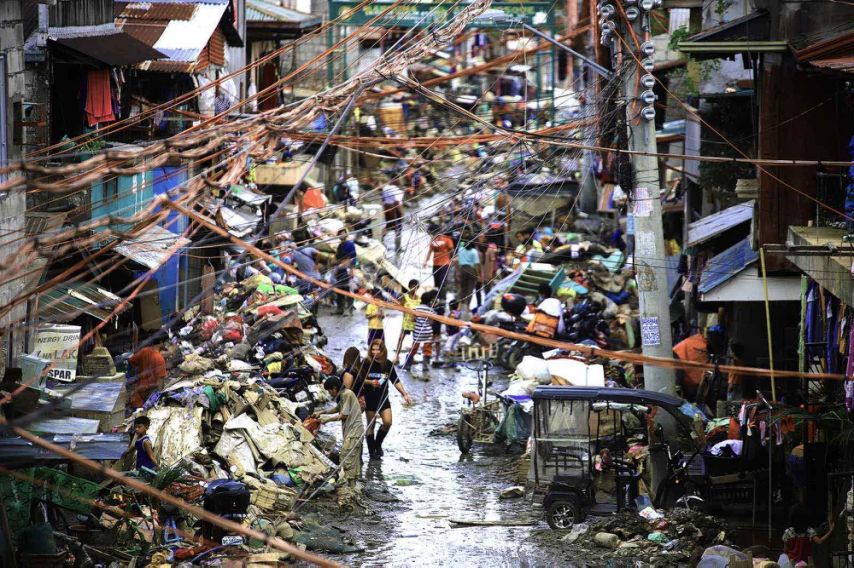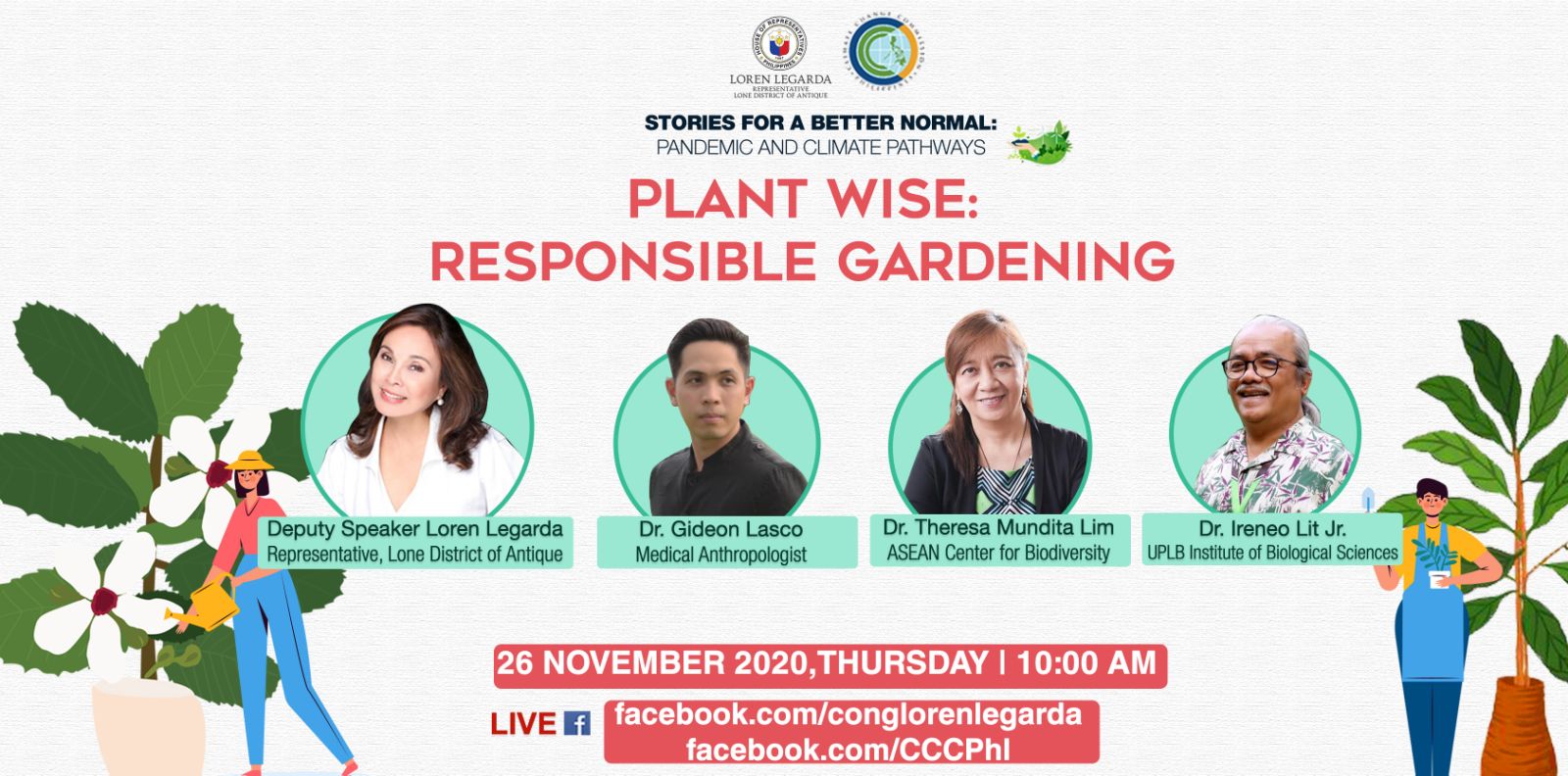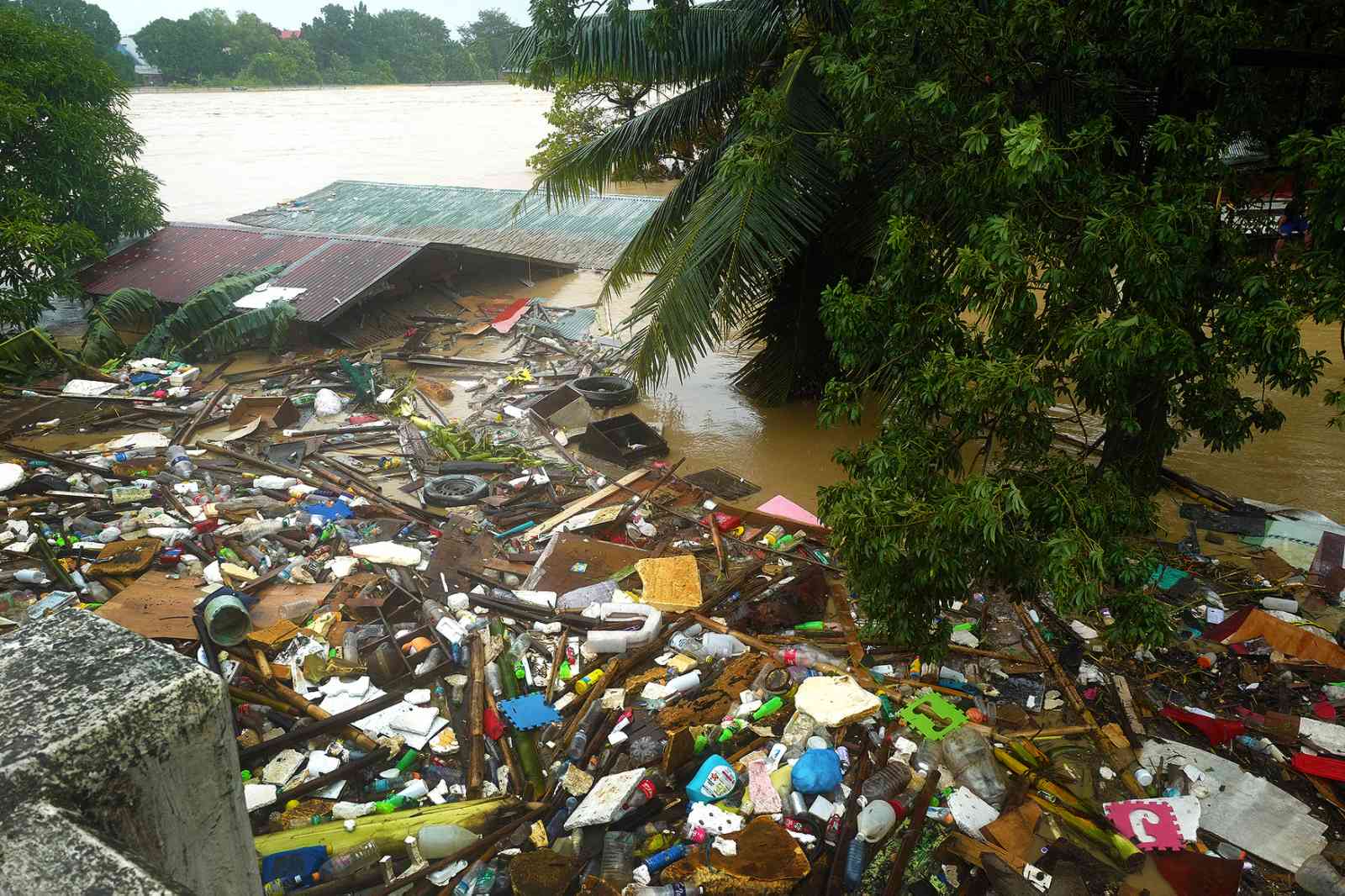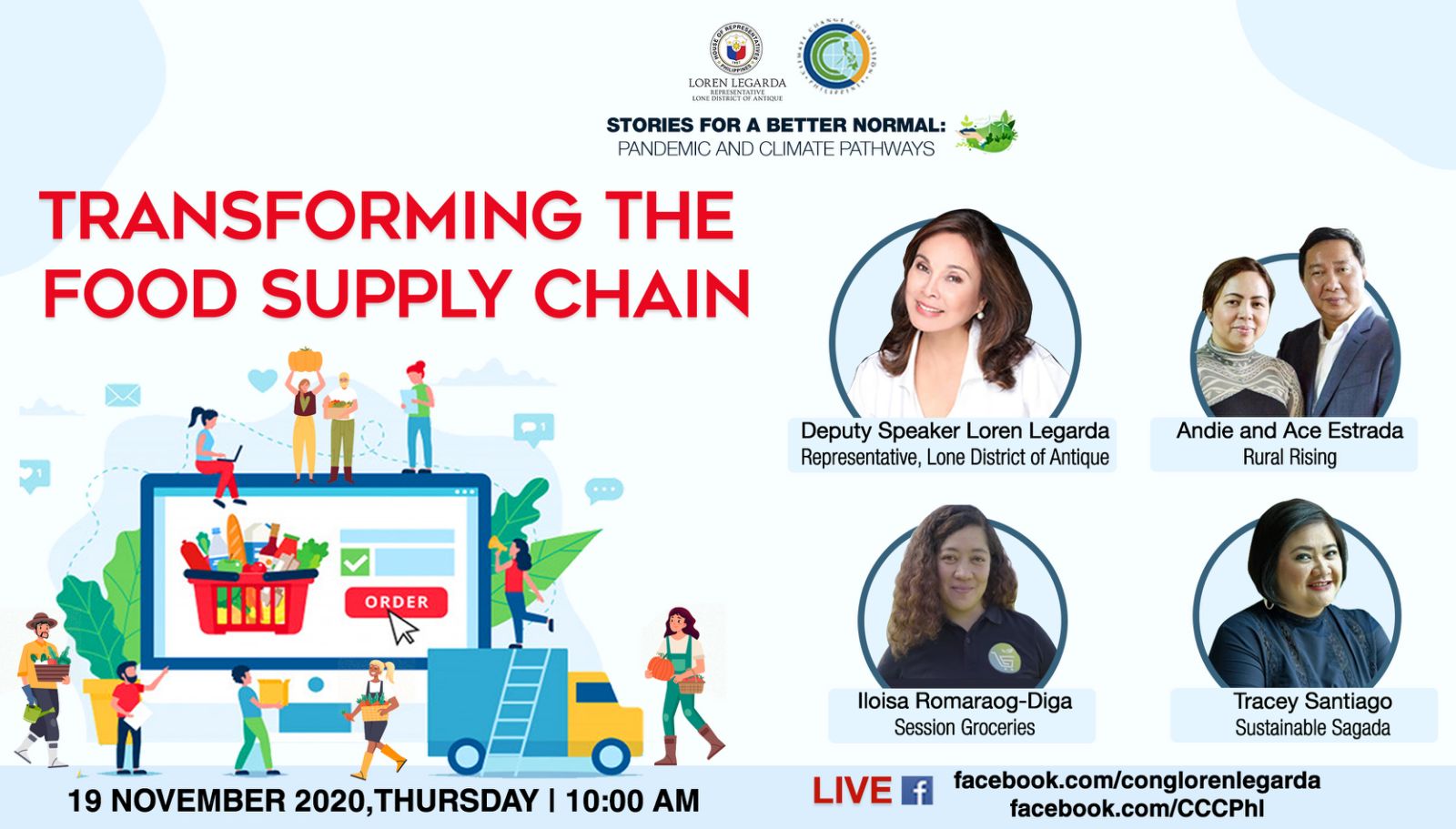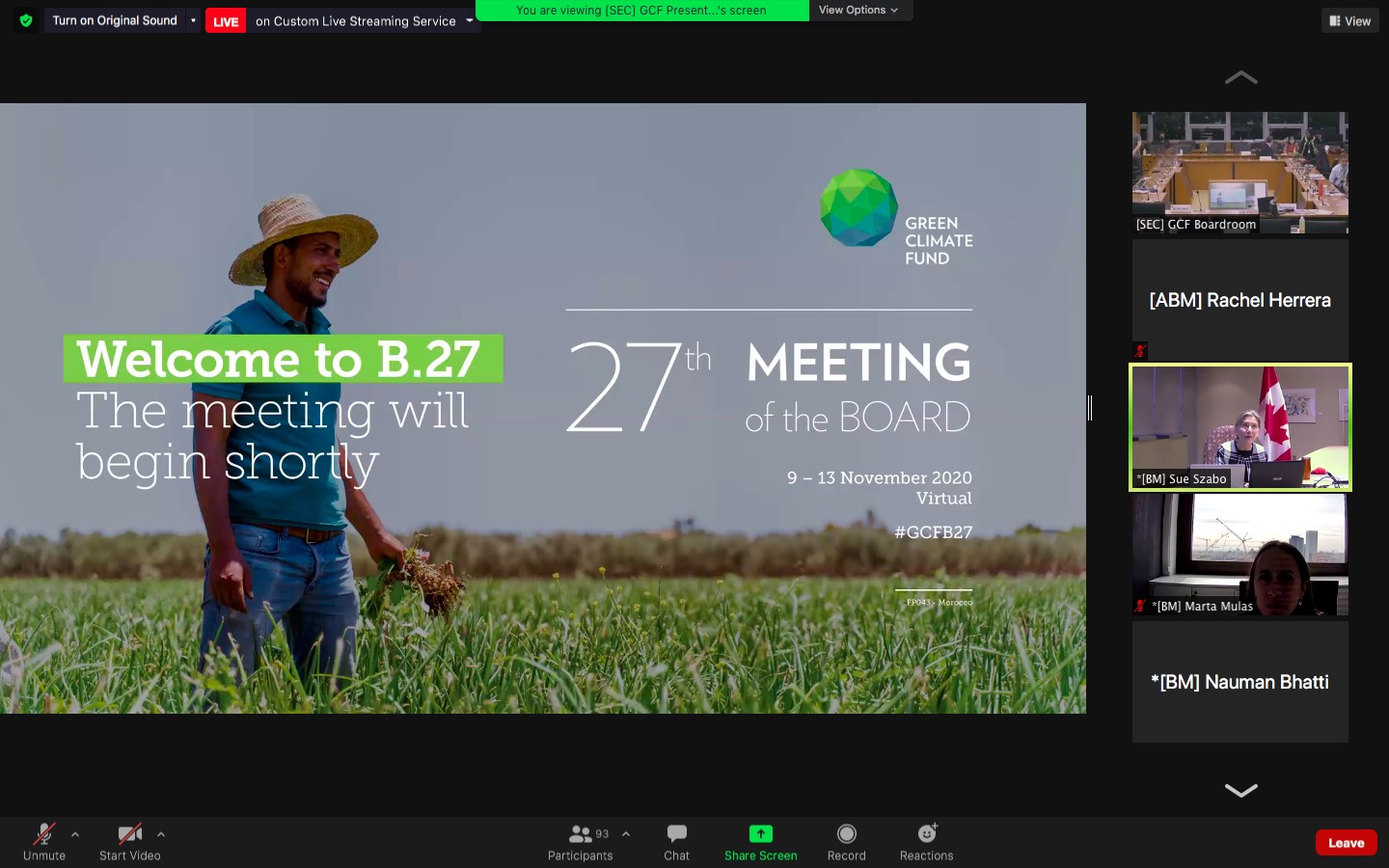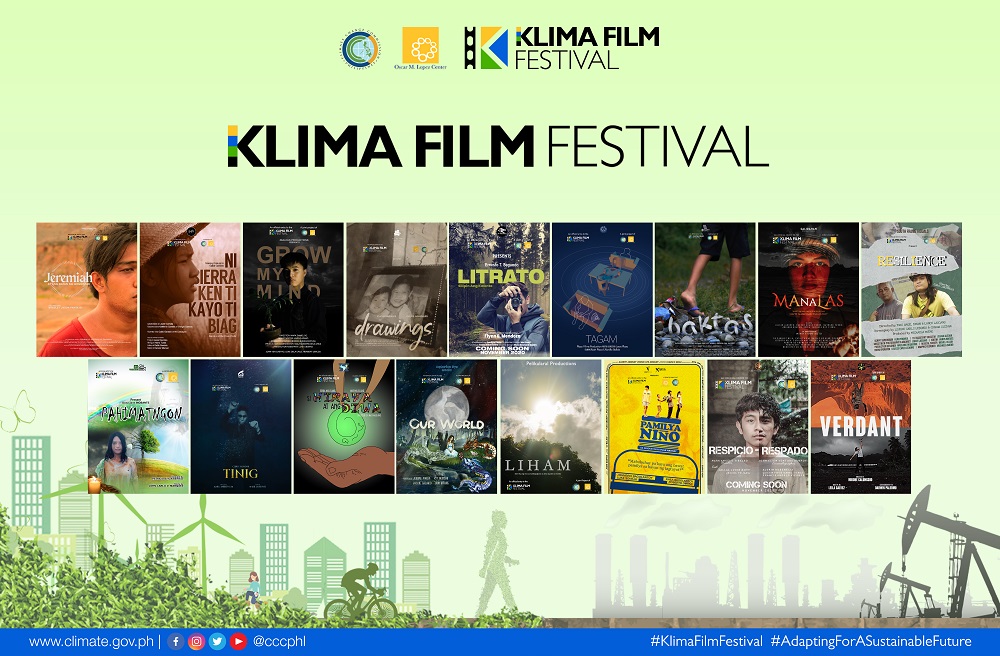MANILA, 5 December 2020 — Advocates against single-use plastics gathered virtually to promote ways to urgently reduce plastic pollution and raise awareness on the negative effects of single-use plastics on public health, environment, and climate, on the 28th episode of “Stories for a Better Normal: Pandemic and Climate Pathways” with the topic, “Uniting Against Single-Use Plastic.”
The online conversation hosted by Deputy Speaker Loren Legarda featured Mayor Edwin David Santiago of San Fernando City, Pampanga; Ms. Lara Angelique Lacson, founder of Eco Warrior PH, an online store focused on reducing single-use plastics; and Mr. Juls Rodriguez, founding member of Plastic Tides PH, a non-profit organization that seeks to raise awareness on plastic pollution.
In the episode, Legarda said that the perennial plastic pollution in the country has aggravated the level of floodings in the different areas in Luzon brought by the recent typhoons. She also cited a report from the Global Alliance for Incinerator Alternatives (GAIA), which reported that Filipinos use 59.7 billion pieces of sachets, 17.5 billion pieces of shopping bags, 16.5 billion pieces of plastic labo bag, and 1.1 billion diapers yearly.
Legarda stressed that single-use plastics pollute the ocean, rivers, and even canals, and cause suffocation among marine animals and birds. Producing plastics also generates greenhouse gas emissions, which exacerbates global warming and climate change, which cause erratic rainfalls and rising sea levels.
“We are an archipelago with over 30 million hectares of beautiful islands. Pero kung ang lawa, ilog, karagatan ay may mga lumulutang na ginamit na single-use plastic, nagdudulot ito ng polusyon. Sa oras na tinatapon natin ang ginamit nating plastic, ito'y mananatili sa mundo ng daan-daang taon—higit pa sa itatagal ng ating buhay. Why would we want to create waste that will outlive us? We have to recycle and reuse and support products that are sustainable,” Legarda stressed.
Mayor Santiago shared how the San Fernando City’s ordinance on regulating the use of plastic bags and prohibiting the use of polystyrene (styro) for food products, changed the disposable consumerist mentality of his constituents. By promoting the use of reusable alternatives, San Fernando has become a green and sustainable model city.
Mayor Santiago also emphasized the importance of the strict implementation of Republic Act No. 9003 or the Ecological Solid Waste Management (ESWM) Act of 2000 in regulating plastic wastes.
“The City of San Fernando wants to be part of the solution, not the problem. Walang tinatawag na magandang pamumuhay kung hindi natin mamanduhin ang mga plastic. To make our cities clean, i-implement natin ang RA 9003 sa isip at sa puso,” said Mayor Santiago.
Lacson, a young ecopreneur, shared the beginnings and advocacy of Eco Warrior PH in reducing single-use plastics. She also encouraged the public to minimize waste in their day-to-day activities by choosing and using sustainable and eco-friendly products, doing recycling hacks, and patronizing refilling stations to achieve a zero-waste lifestyle.
“Before, it used to be reduce, reuse, recycle. Now, I think, we also have to refuse single-use plastic. Since magpa-Pasko na, be a smart consumer. Ibig sabihin, ‘pag nagregalo tayo, sana yung nagagamit ng mga tao. Lalo na sa wrappers, mag-reuse lang tayo," said Lacson.
Rodriguez is the founder of Plastic Tides PH, an environmental non-profit organization that combines adventure and science to raise awareness against environmental pollution and to inspire the next generation of sustainability advocates. Aside from tackling the issue of plastic pollution, Plastic Tides PH established science-inspired and adventure-driven partnerships through public education, content creation, and outdoor expeditions in different areas in the Philippines, such as Isla Verde, Taal Lake, and Pasig River.
“Ine-empower namin ‘yung mga tao na nasa scene of plastic pollution awareness para makagawa rin sila ng bagong campaign online, para makatulong rin sa mga mission nila. We want to help the helpers, especially dito sa Pilipinas, kasi kung hindi, then we're all in this boat together and it is sinking. So dapat talaga lahat tayo may partnership at may co-working ability para in the end, lahat tayo ay happy,” said Rodriguez
In conclusion, Legarda encouraged the guests to promote and raise awareness in every household and community to comply and follow the environmental laws, particularly the ESWM Law, which intends to mainstream effective waste management practices—such as segregation of garbage at source, segregated transportation, processing, treatment, and proper disposal of solid waste.
“We will continue to teach everyone until we live sustainably, until every Filipino family lives in a healthy, safe, and resilient environment, where people are not hungry, where people live attuned with nature,” Legarda concluded.
As an online discussion to promote health, environmental consciousness, and climate-adaptive practices, "Stories for a Better Normal" aims to change the mindset of individuals, families, and communities by demonstrating ways in which a ‘better normal’ can be realized within our communities.
“Stories for a Better Normal” is an on-going webinar series that is held via Zoom app and live-streamed at the Climate Change Commission’s Facebook page [facebook.com/CCCPhl] every Thursday. On 10 December 2020, 10:00 AM, the panel will feature Jamico Jamlang, founder of The Bamboo Company; Czarina Constantino, the national lead for the No Plastics in Nature Initiative, WWF - Philippines; Wilma Arevalo, president of Kalipunan ng Liping Pilipina (KALIPI) in Donsol, Sorsogon, and Donsol Mayor Josephine Alcantara-Cruz.
In next week’s episode, titled “Uniting Against Single-Use Plastic,” the speakers will discuss local government and private sector initiatives that help reduce single-use plastics. Likewise, the discussion aims to raise awareness of the impact of single-use plastics on the community, specifically people’s health, the environment, and the climate.
This online discussion is organized in partnership between the Office of Deputy Speaker Legarda and the Climate Change Commission, with support from the Institute for Climate and Sustainable Cities, The Climate Reality Project-Philippines and Mother Earth Foundation.
December 04, 2020 Friday

